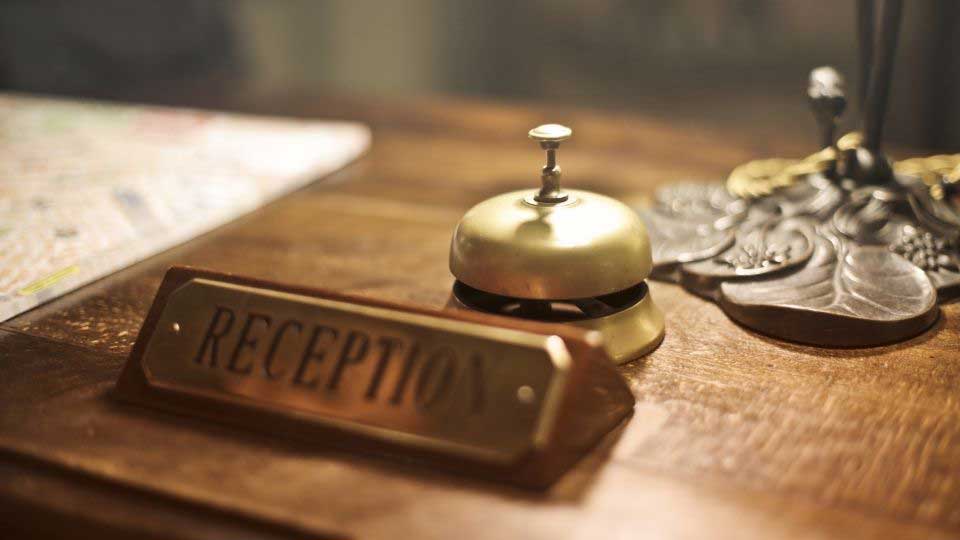
Which hotel signs need to be translated


All hotels that want to be really competitive in today’s troublesome economy are well aware of the fact that they need to translate important documents, such as terms & conditions, tourist brochures, web pages and hotel restaurant menus into various languages to appeal to international visitors. But what is often forgotten are various signs in hotels that foreign guests need to understand fully in order for hotels to provide a comfortable, fulfilling, and safe stay that suits both parties involved.
In general, there are three basic types of signs that hotels use: sings that protect the hotel’s interests, signs that aim at increasing the hotel customers’ satisfaction, and signs that do both – they all play an important part in protecting the hotel’s position in the market.
Signs that protect the hotel’s interests
Signs that protect the hotels’ interests don’t generate any additional revenue. But when something goes wrong or something unexpected happens, they are crucial for protecting the hotel’s financial well-being.
Sings that relinquish the hotel’s liability
Signs like Park at your own risk or We are not responsible for any theft or damage may not look really necessary, but they provide a certain level of legal protection when things go awry. Provided customers can understand them, of course.
Signs that prohibit guests from doing something
It is not enough for hotels to write the rules of guests’ stay in the terms & conditions or hang them in frames on the walls, since the majority of guests won’t even read them. That is why hotels often use visible signs, such as No smoking, No entrance, No pets allowed or Please, don’t walk on the grass, which prevent (or at least decrease) the possibility of customers causing damage or unnecessary trouble. If the signs are not translated or are translated badly, hotels increase the possibility of having issues with foreign guests. And issues cost hotels additional money and additional time.
Signs that increase the customers’ satisfaction
Signs that offer customers valuable information are not used in hotels only to keep customers happy; they also influence hotels’ revenue, albeit indirectly . By providing additional comfort for customers, hotels also build their reputation. And better reputation in normal circumstances always leads to more guests.
Signs that enable guests’ navigation through the hotel
Translating such signs into various languages is a negligible investment for hotels, but can improve guests’ experience greatly. Signs such as WC or EXIT are considered international and generally don’t need to be translated. But what about signs like Conference room, Pool, Snacks machines, Car Park, Stairs to upper floors, Elevators, Breakfast room and similar? Foreign guests who don’t speak the language might get confused navigating the hotel and that certainly hurts the overall impression they might have of their stay there.
Signs that inform guests
Front desk notifications, opening hours for the hotel restaurant, weather forecasts, restaurant menus, evacuation plans and similar signs carry an important weight in generating a perfect experience for hotel guests. But since the number of foreign guests in hotels in the UK has been constantly increasing over the years (according to the data from the Office for National Statistics), those signs might miss more and more potentially happy customers if not translated.
Signs that protect interests of both guests and hotels
Signs that warn of danger (Caution – wet floor, high voltage, hot surface …) are a very good example of protecting the interests of both guests and hotels. Such signs are usually equipped with visuals, sure, but what if foreign guests still cannot understand them?
If that happens, foreign guests can seriously endanger their health. And hotels can consequently quickly find themselves on the first pages of tabloids.


